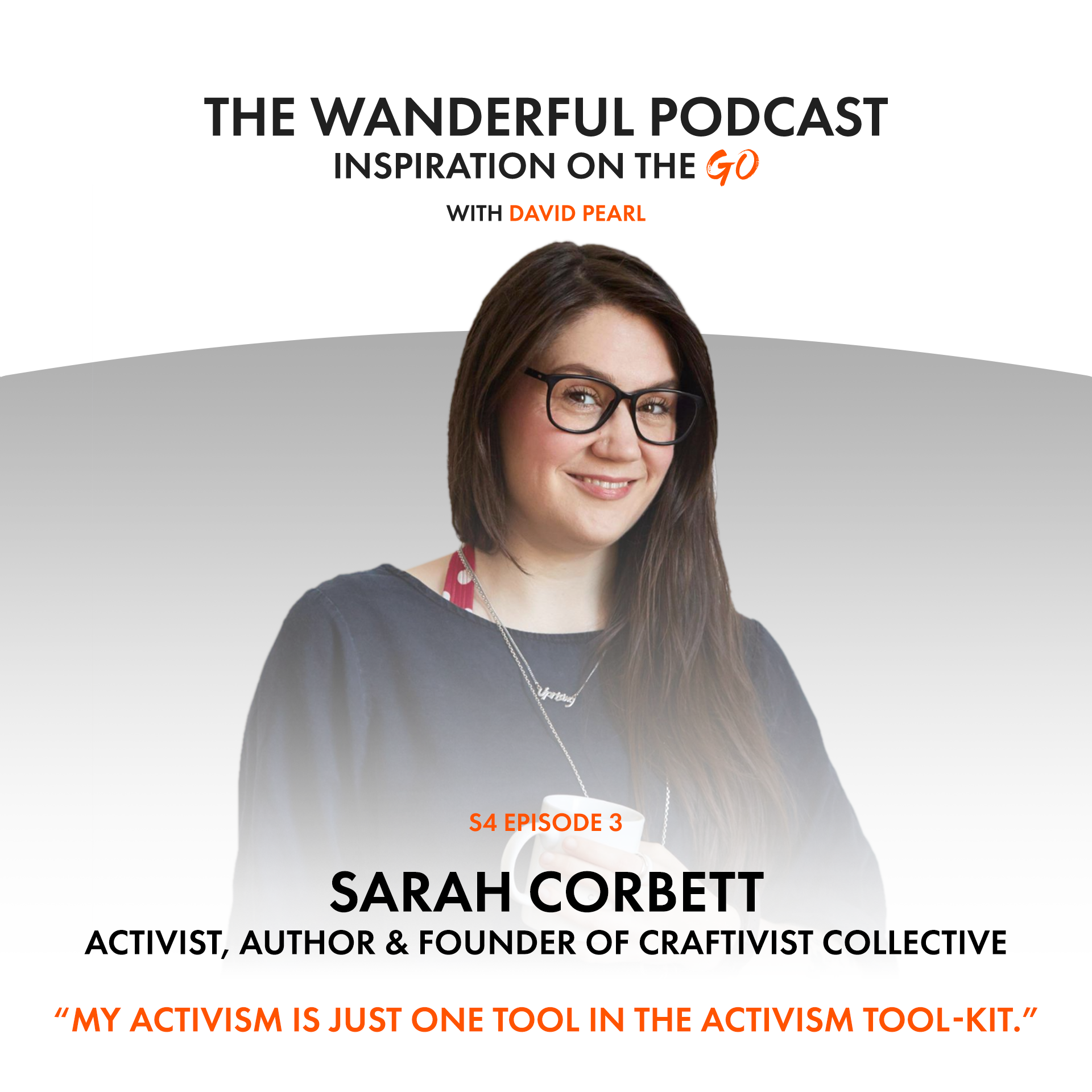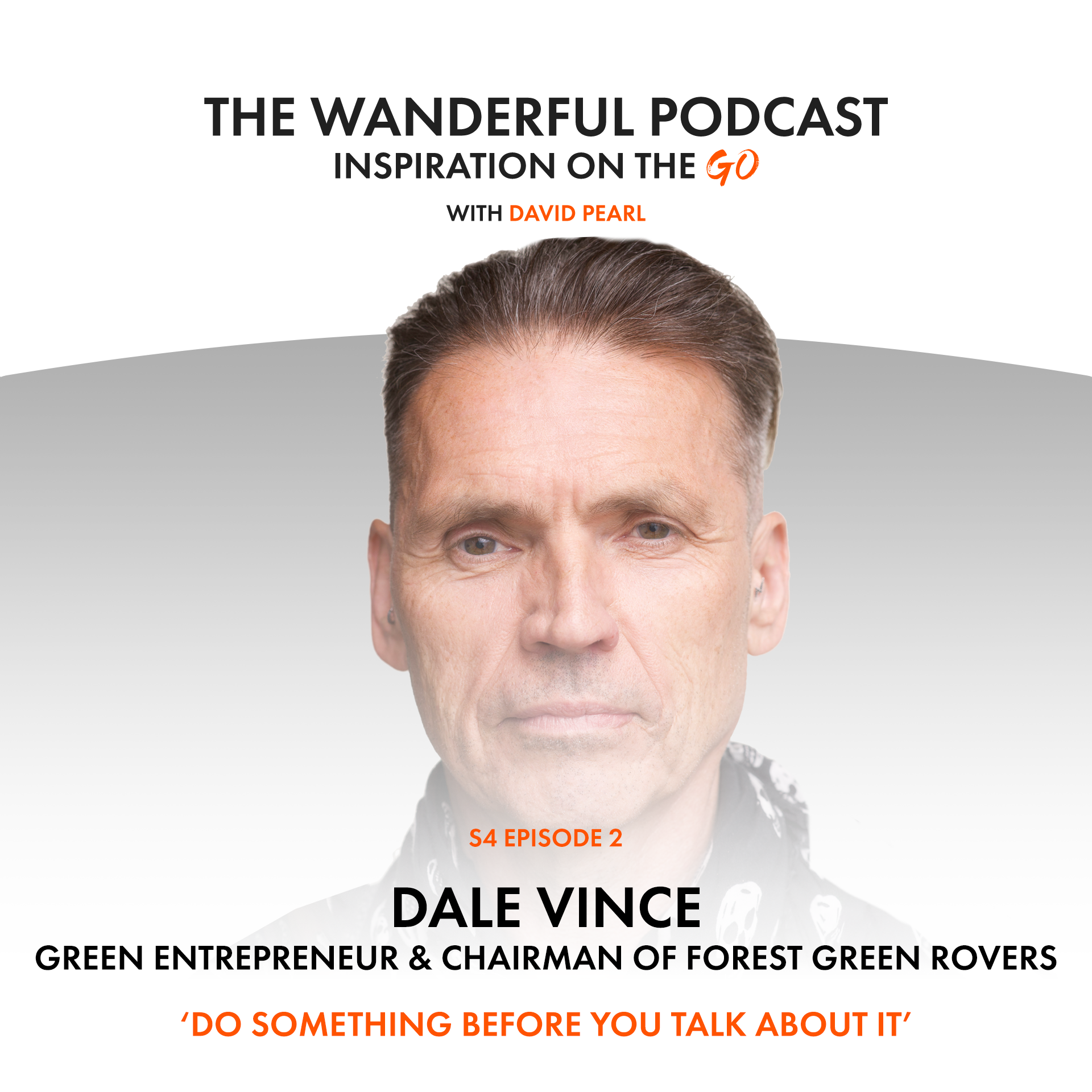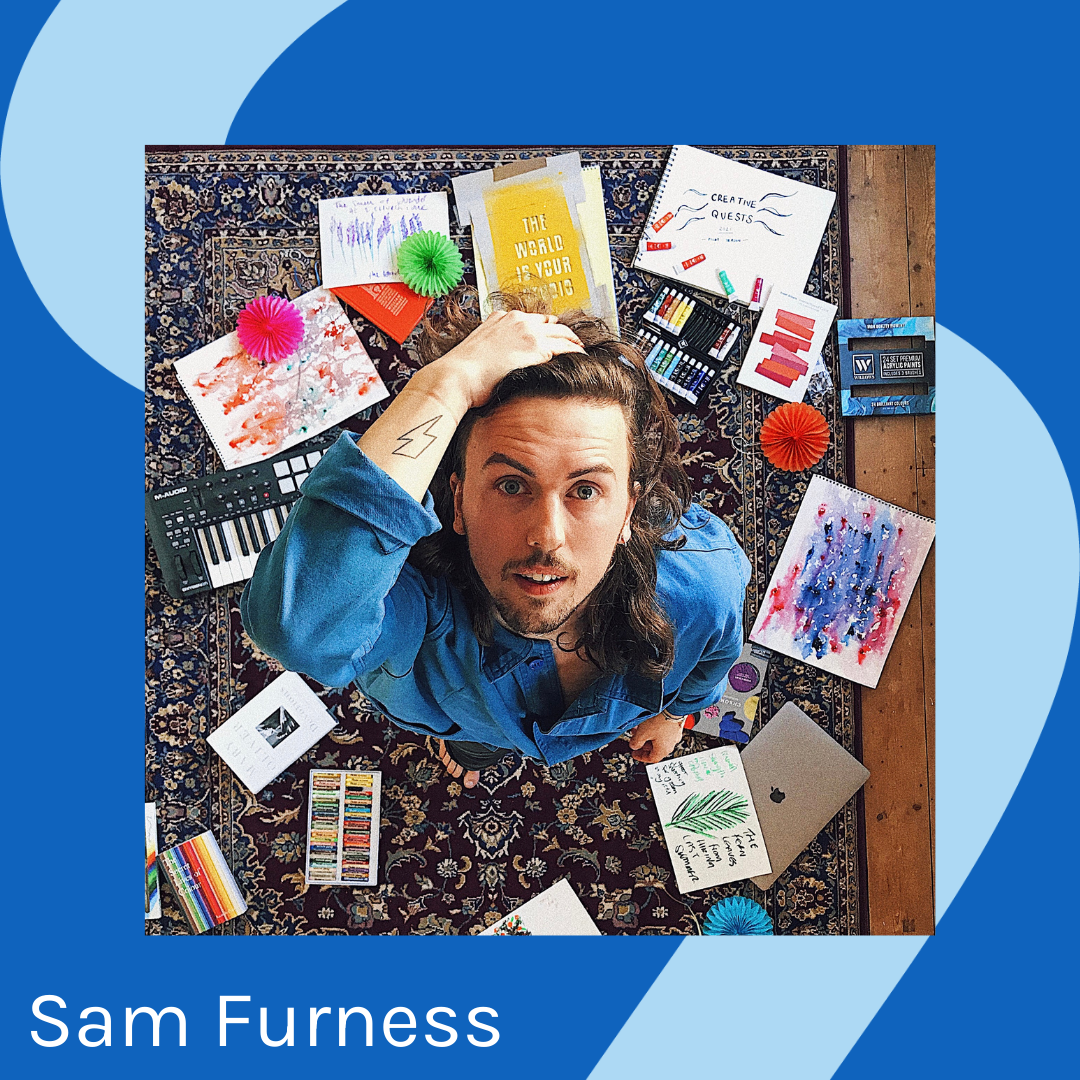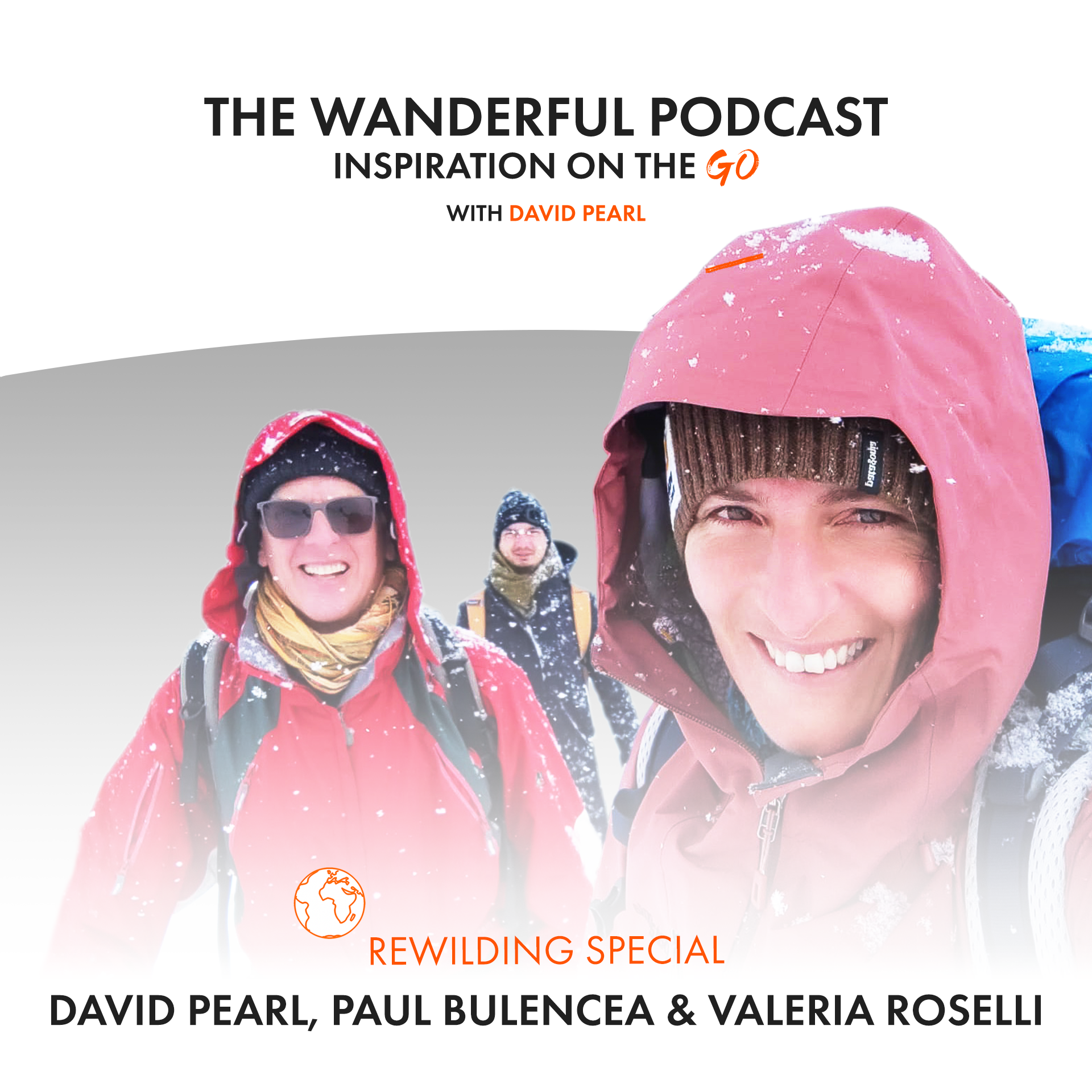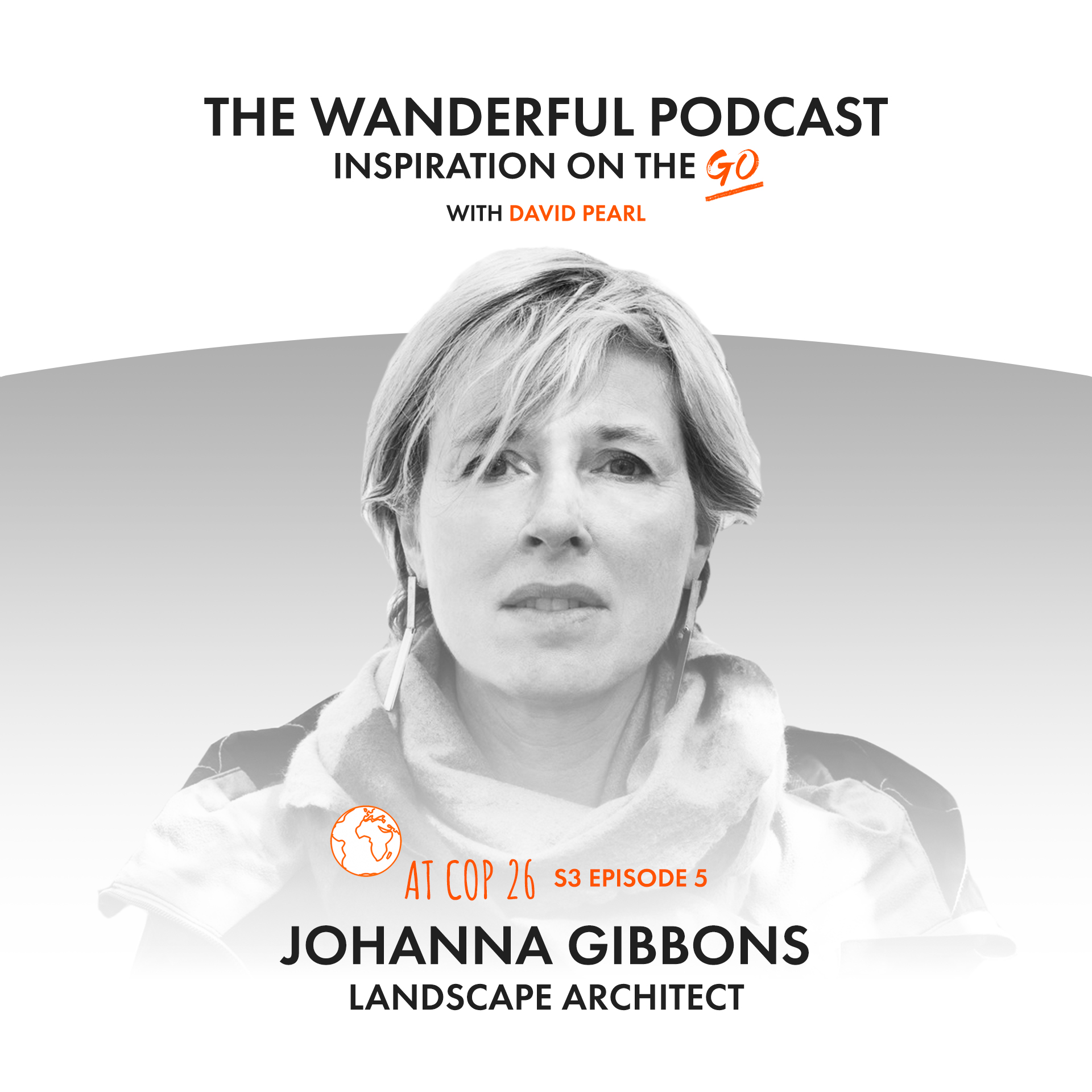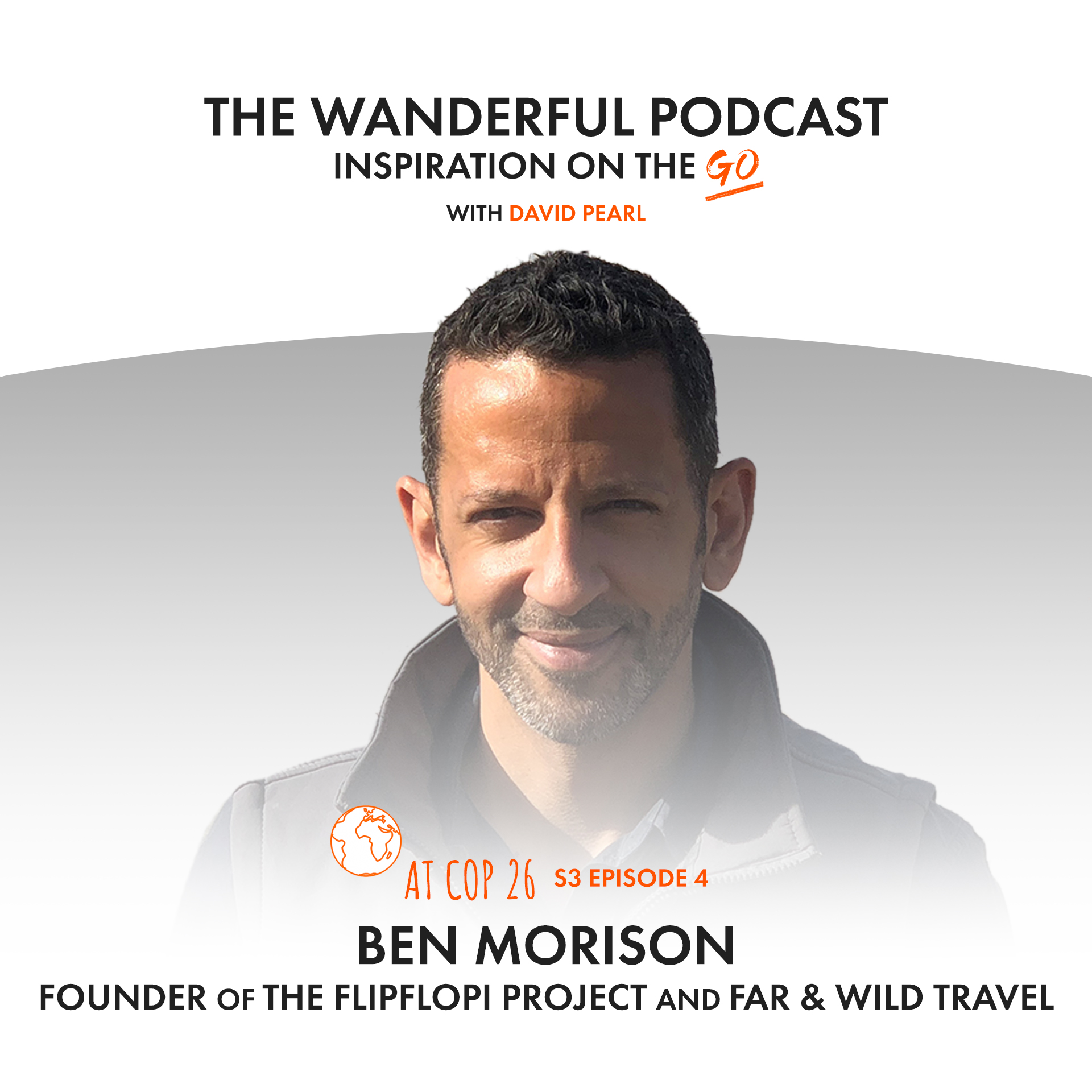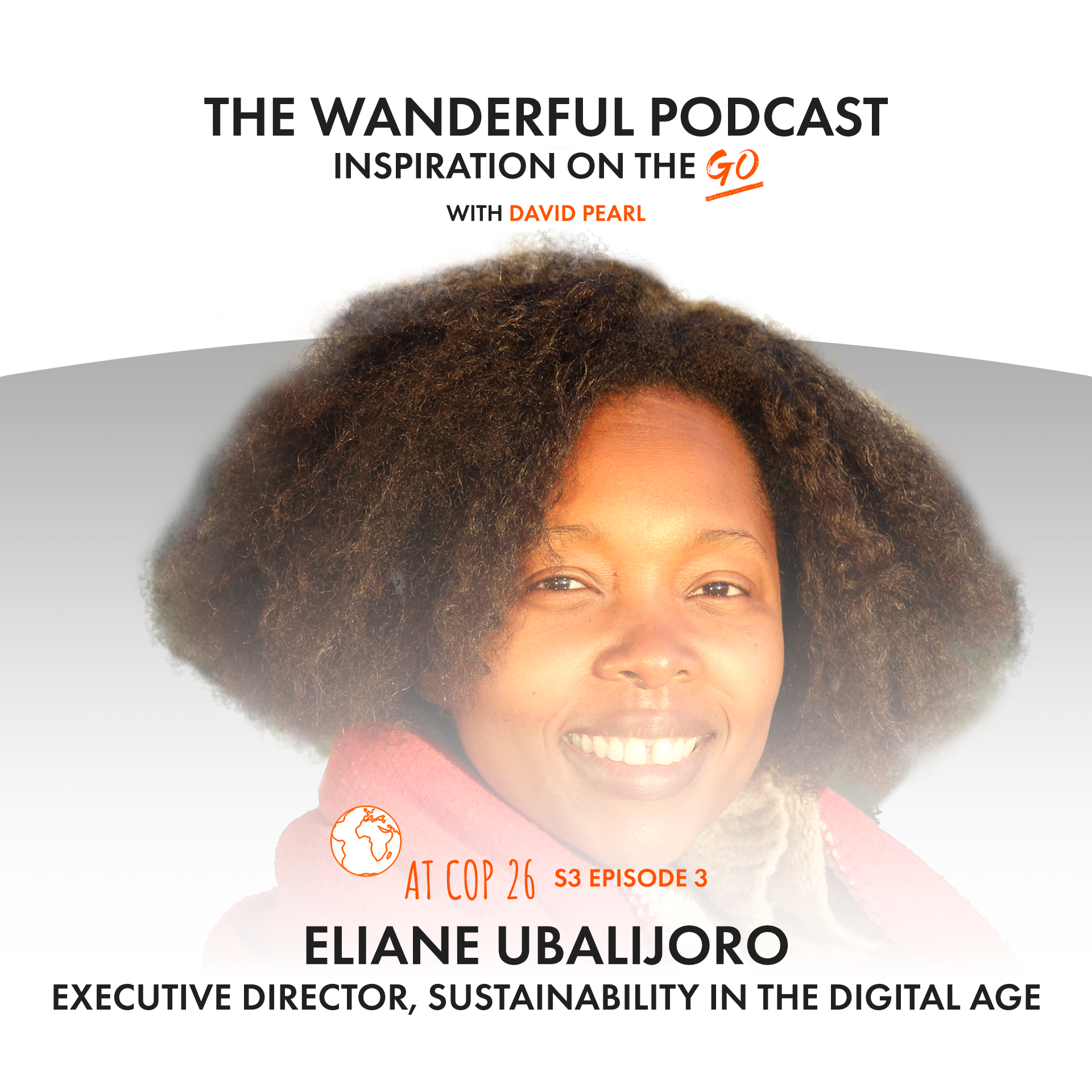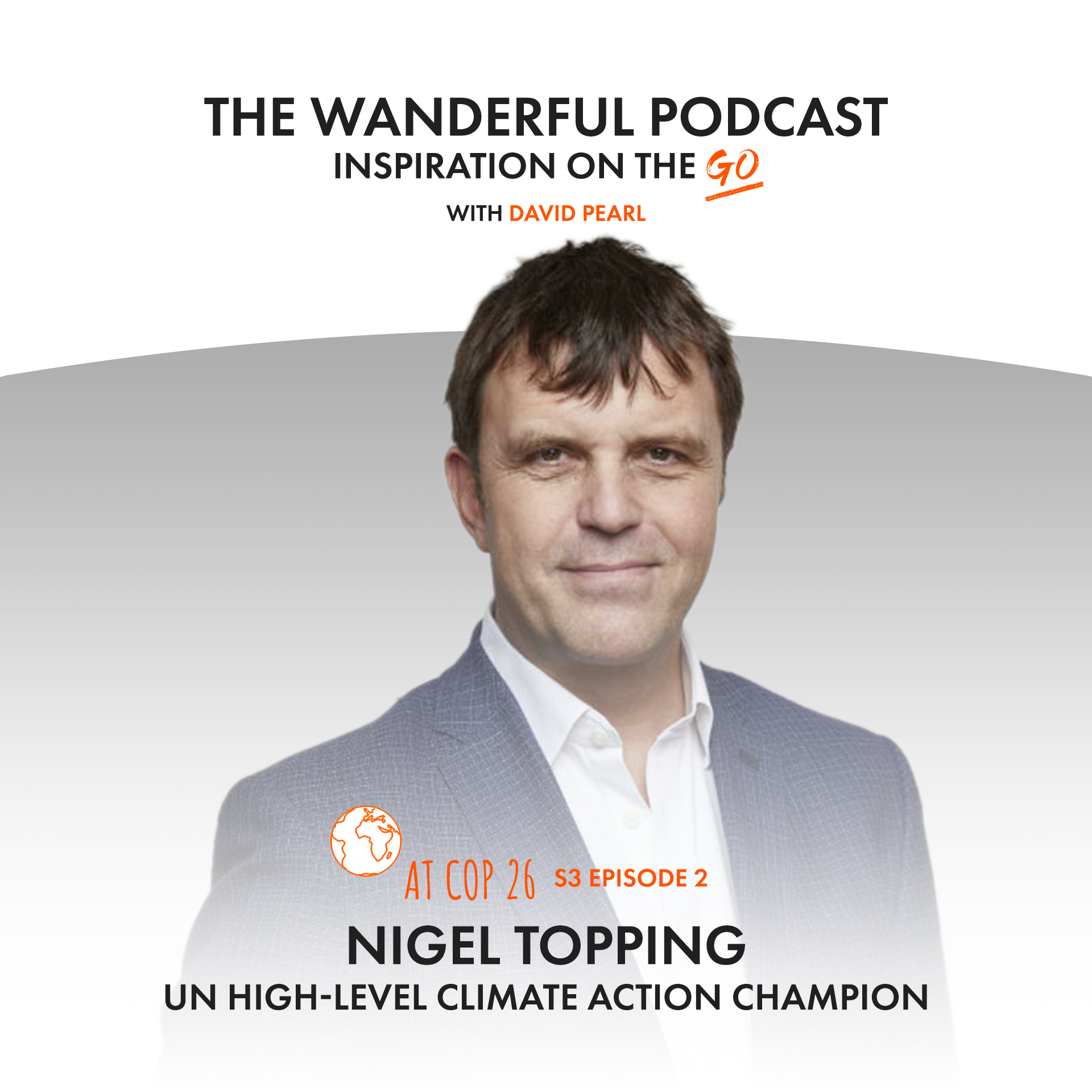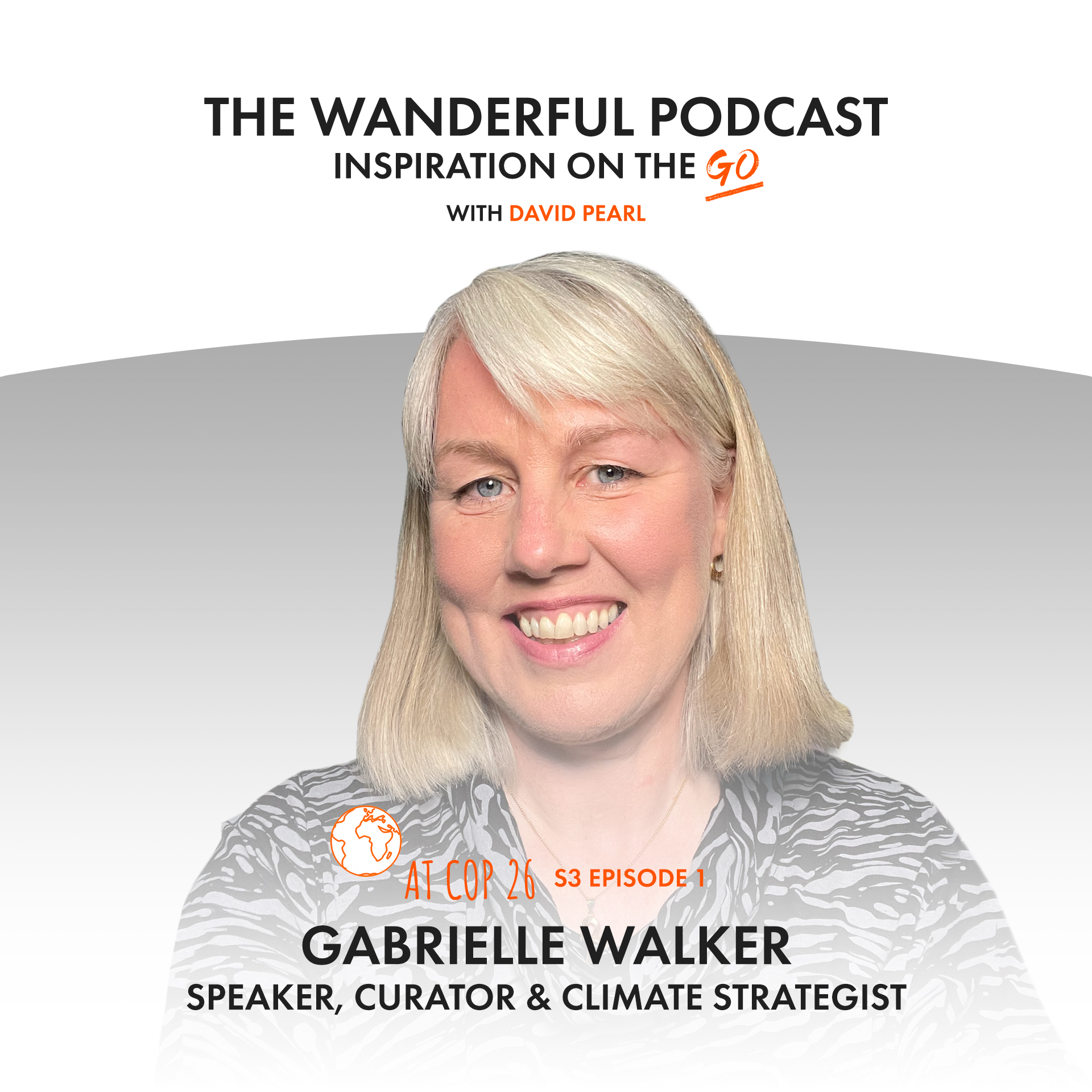“My activism is just one tool in the activism tool-kit.”
Sarah Corbett is an award-winning activist, author, Ashoka Fellow and founder of the global Craftivist Collective. She grew up in a low-income area of the UK into an activist family and has worked as a professional campaigner for over a decade, most recently with Oxfam GB. She started doing craftivism (craft + activism) in 2008 to add a different tool of activism into the toolkit – a form of slow, quiet and intimate effective activism she calls ‘Gentle Protest’.
Due to demand, Sarah set up the award-winning Craftivist Collective in 2009, providing products and services for individuals, groups and organisations around the world to be effective gentle craftivists. Sarah’s work has helped change government laws, business policies as well as hearts and minds through her unique ‘Gentle Protest’ methodology. She works across the arts sector, charity sector and academia, as well as with unusual allies to reach people nervous of activism in an attractive and empowering way. Corbett regularly gives talks, events and happenings around the world. Her book “How To Be A Craftivist: the art of gentle protest” is now available in paperback. Her talk ‘Activism Needs Introverts’ was chosen as a TED Talk of the Day and has over a million views. You can preorder her Craftivist Collective Handbook here
Time Line
00.00 – 00.45 Opening Credits
00.46 – 04.58 Introducing Sarah Corbett
05.00 – 06.25 Growing up in an activist family
06.25 – 09.05 Routes into Gentle Activism
09.10 – 13.00 The Canary Campaign
13.05 – 15.55 The importance of courage and care
15.57 – 18.10 Different forms of craftivism
18.30 – 23.15 Gentle protest & self control
23.18 – 26.35 Making change
26.38 – 27.41 Being ‘crafty’ but kind
27.43 – 29.30 How Sarah manages anger
29.35 – 34.25 The Tale of the MP & the Handkerchief
34.28 – 37.55 The Wanderful Exercise: In Their Shoes
38.12 – 41.29 Epilogue
41.30 – 42.16 End Credits
Quotations
“My activism is just one tool in the activism tool-kit.” (Sarah)
“I knew change doesn’t just happen in transactional and loud and public ways.” (Sarah)
“My craftivism is all about where are the gaps and where can craftivism fill certain gaps to compliment other tactics and where can it bring in audiences who are scared of activism but (who are) influential.” (Sarah)
“My approach to craftivism is Gentle Protest.” (Sarah)
“There’s something in the process of craft that’s really helping me slow down, calm down and think more strategically, so I thought there must be something in this.” (Sarah)
“If we want to make change then gentleness can be so powerful, and putting yourself in the power holder’s shoes, and not just the person affected.” (Sarah)
“The gentleness is treading lightly and being gentle with people.” (Sarah)
“It’s more about trying things out and being light touch on everything… not holding things and forcing things.” (Sarah)
“If you receive something which feels a little manipulative… you’re going to close off. You want people to feel genuinely encouraged and accountable.” (Sarah)
“When I’m angry… I jump it out, I dance it out, I power walk somewhere, I just shake the anger out of me. Long term anger is chronic and produces really bad health and mental health problems. I know anger is a good catalyst, but I need to shake it out.” (Sarah)
“I swing from really angry to okay.. .how am I going to use this anger in an effective, useful way, which won’t change the world dramatically but I can try and make some nudges and tweaks with the little power I have as one little scouser.” (Sarah)
Contact Information
Sarah Corbett
https://craftivist-collective.com/
Twitter: @Craftivists
Instagram: @Craftivists
David Pearl (Host)
Twitter @DavidPearlHere
Instagram @davidpearl_here
Website www.davidpearl.net
Andrew Paine (Producer & Audio Engineer)
Twitter @ItPainesMe
The Green Room at COP26 – What (On Earth’s) The Story?
Full film: https://youtu.be/UWoO9UmWscM
Trailer: https://youtu.be/zmQqj5WHSPM

